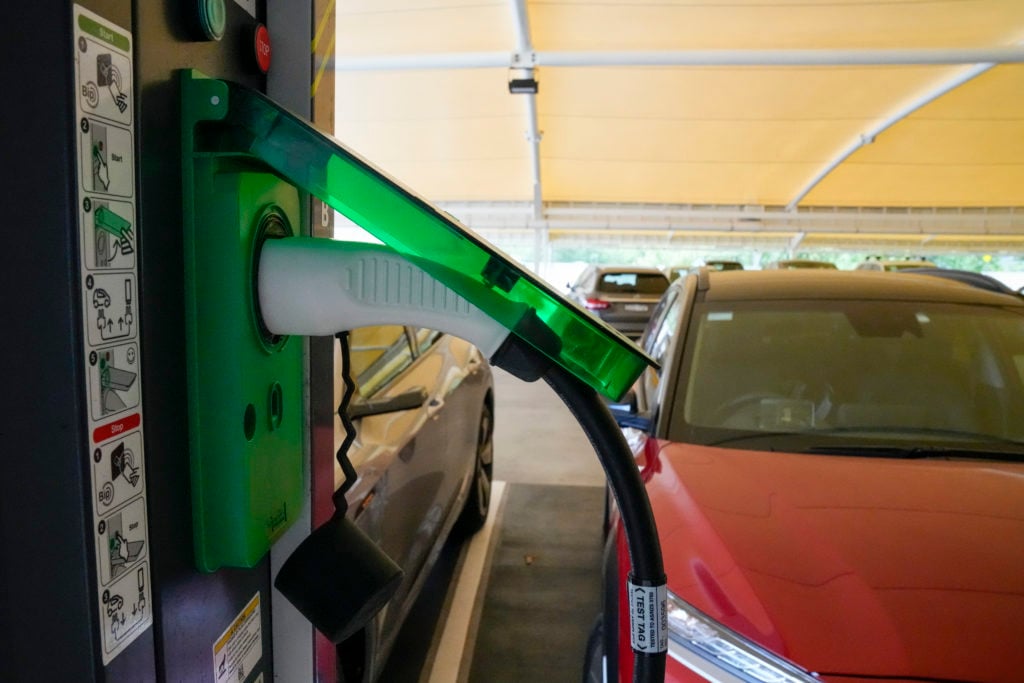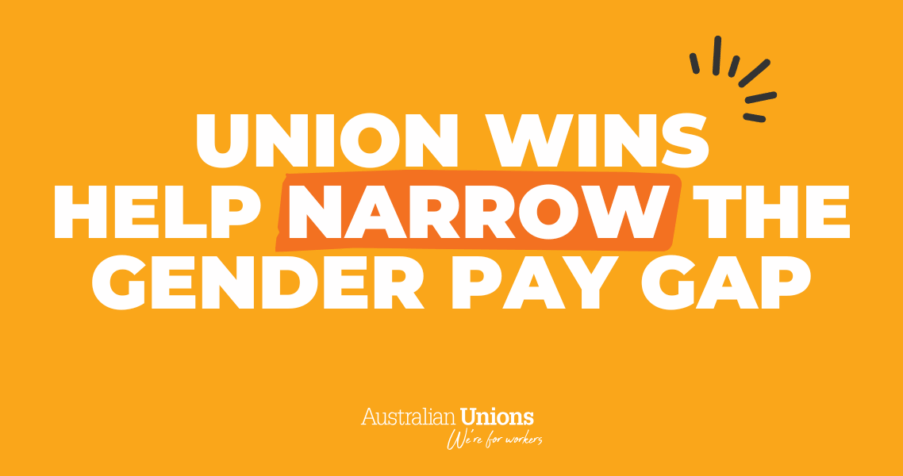Well, that’s a relief.
In one fell swoop, the king of spin has decreed that our weekends are safe from the tyranny of electric vehicles (EV’s).
Scott Morrison, the very same Scott Morrison who cried out that the great Australian weekend was at an end due to the menace of the new breed of non-gas guzzling vehicles, has played his party trick and told us he’s all for them now.
Hallelujah!
Boats will be towed, camp sites will fill, that trip to Bunnings for a mystery bag in bread with sauce can recommence.
Ok, there’s the small matter of the details, where Scott Morrison hasn’t lifted a finger to provide any incentives, tax breaks or assistance of any kind to facilitate and accelerate the integration of EV’s into the Australian fleet.

That too hard basket has gone from full to overflowing.
What’s worse, the Morrison government hasn’t lifted a finger to explore if there are any manufacturing opportunities in the emerging EV market, either in direct, smart manufacturing or value-adding, secondary industry sectors.
Once again, Australia looks set to be at the back of the grid in the race for jobs and opportunities that are coming with new and emerging green industries.
It doesn’t have to be this way though, and a change of government in 2022 would signal a significant shift in direction on that front.
The question is – what opportunities for manufacturing and job creation does the shift to EV’s offer Australia?
Paschal Somers knows Australian car manufacturing like few others. These days he’s General Manger at Lionsgate Business Park, formerly the General Motors Holden Elizabeth plant in South Australia.
He began his career at Holden as a press operator back in 1994. He told “On the Job” that full scale EV manufacturing that mirrors previous car production in Australia is unlikely, but there are real opportunities to be had, if we’re prepared to be innovative.
“If you can offer a product that’s high in quality, and competitive in cost, you’re going to win no matter whether it’s automotive, or whatever we are and can be good at. But we are consumer driven.”
“From a critical point of view, you don’t need to supply the whole market, you just need the capability to have a slice of the market, and then have it scalable, if something happens.”
“I think the bigger issue for us is to ensure we’ve got critical manufacturing onshore.”
Vince Pepi is an Industry Co-Ordinator, Automotive Transport, with the Australian Manufacturing Workers Union (AMWU). He told “On the Job” though Australia is slow on the uptake when it comes to EV’s for domestic use, there is already a burgeoning manufacturing capacity emerging when it comes to producing buses, trucks and other heavy vehicles.
“I organise in both the truck and the bus industry and we are already involved at a workplace called Volgern ( Australia’s largest bus body builder) who are now commencing their building of electric buses.”
“Their is also Kinetic Group who hold a bus franchise contract to run more than 550 busses around Melbourne. Part of their tender was to build and introduce 341 electric and electric hybrid vehicles over the tenure.”
“This industry seems to be moving to electric, it’s going green, which I didn’t think I’d seen in my lifetime to be honest.”
“The chassis are imported but all the electrical and all that top part of the work is done at Bell Robin manufacturing plant in Dandenong (in Melbourne’s south eastern suburbs).”
‘Volgren also has workshops for that type of manufacturing Queensland and Western Australia.”
Pepi points out that the shift to electric vehicle fleets is driven by proactive state governments, who are in turn generating a fledgling local manufacturing scene.
“In Sydney, the New South Wales Government has made the decision that its fleet will be full electric by 2030. So all those non-electric vehicles will needed to be replaced.”
To take advantage of the opportunity, the Union has moved quickly to help upskill its workforce according to Pepi.
“The AMWU in conjunction with the major bus companies have signed a Memorandum of Understanding to ensure all our diesel mechanics are upskilled and certified to work on electric vehicles.”
For Paschal Somers, it’s these top of opportunities Australian manufacturers can take advantage of and get a foothold in the EV sector. The veteran car maker still feels passionate about Australia’s capacity for innovation.
“We’re a nation of innovators. We’re naturally curious. I was amazed at what my brothers and sisters here at Holden did over the years. We were very innovative, and we were lauded for that.”
“Innovation was ingrained in us by our geographical isolation. We did and we can still do it.”
Would you like to share your work story with On the Job? We’d love to hear from you. Email us.






SHARE:
EV’s, Australian manufacturing and how we can make it happen